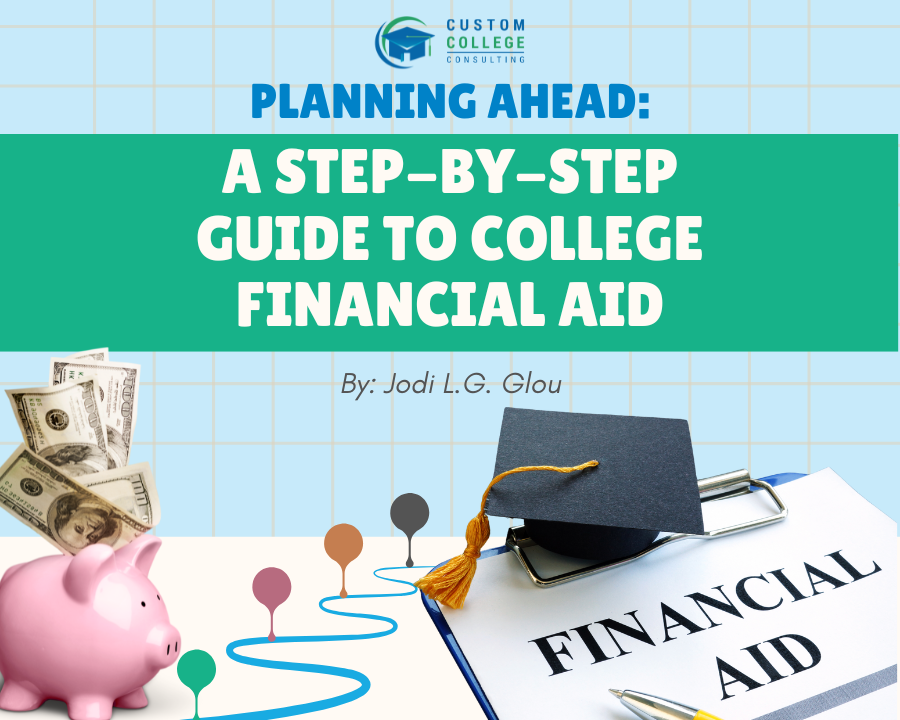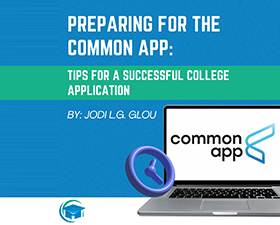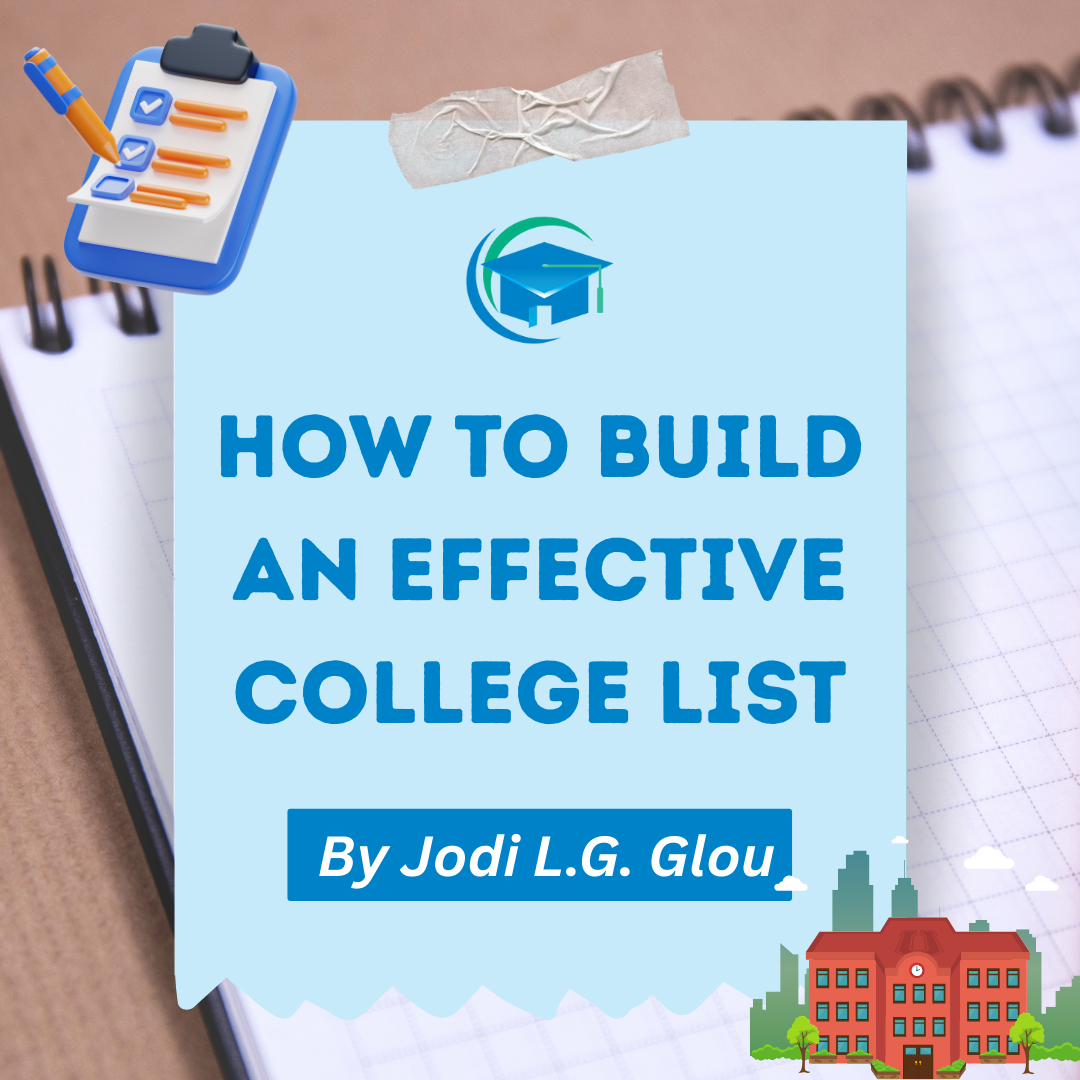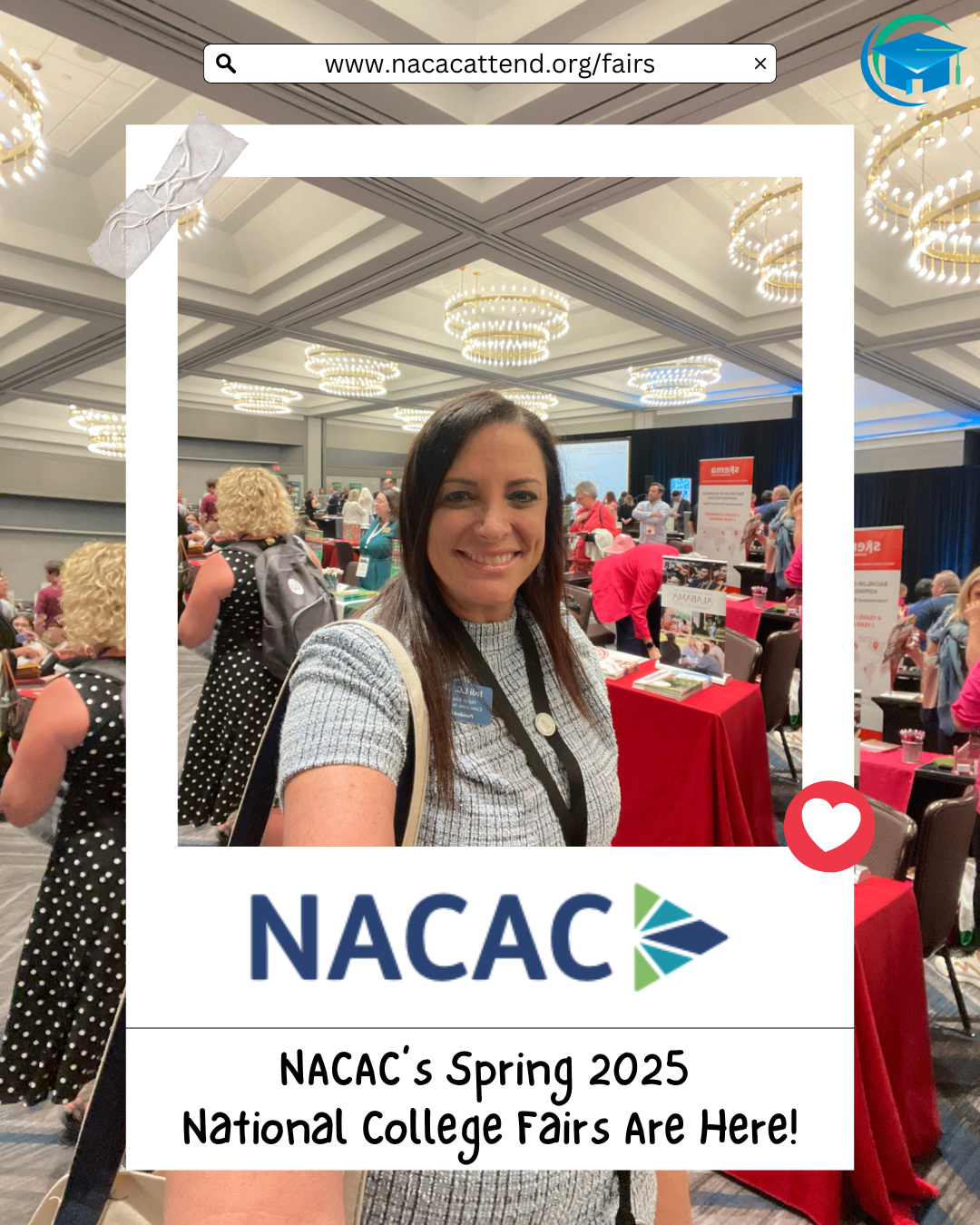Tips & Tricks for Requesting (and Receiving) a Stellar Letter of Recommendation
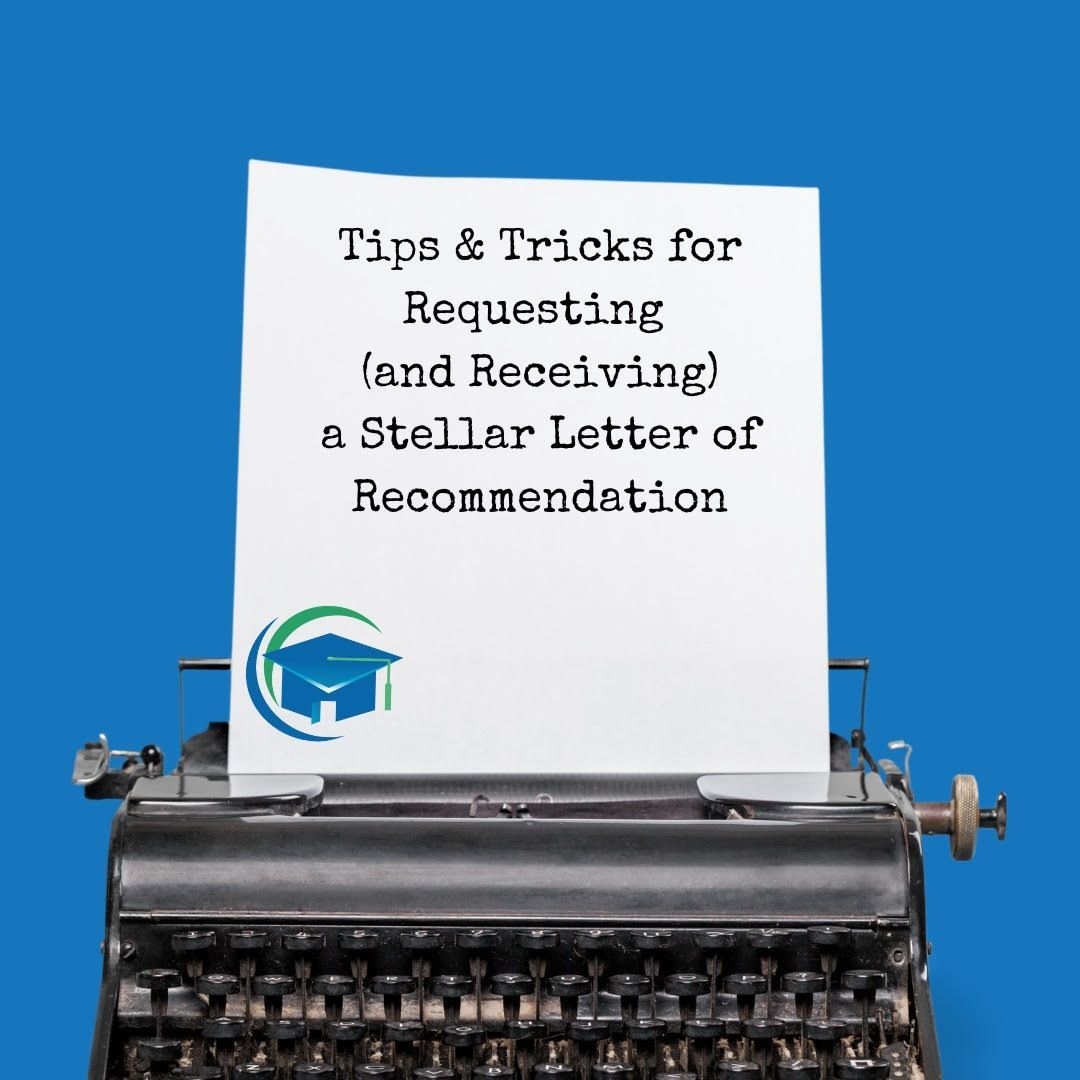
As the school year begins to wind down, now is the time I encourage my college-bound juniors to reach out to individuals who they would like to write a Letter of Recommendation (LOR) on their behalf. But how do you get started?
Recommendation letters from teachers, school counselors, and other sources can provide college admissions officers with a more comprehensive understanding of applicants. They offer insights into students' academic and community performances, interpersonal skills, and how they might interact with faculty members and peers on campus.
Experts emphasize that while recommendation letters are just one part of the college application process, they are crucial. Oftentimes they offer personal stories of perseverance or true passions that can set some applicants apart from others. However, obtaining high-quality recommendation letters requires planning and effort. Students need to understand the importance of these letters and allocate sufficient time to seek them out. By doing so, they can avoid common mistakes and increase their chances of success in the application process.
WHO SHOULD I ASK?
When deciding who to ask to write a LOR, students should consider many criteria. However, specific requirements may vary among colleges. While most colleges want to hear from the student’s counselor, others also request teacher recommendations.
Ideally, the instructor should know the student well and be able to speak to their academic and personal strengths. In addition, colleges prefer to see letters from teachers in "academic subjects" such as mathematics, science, social studies, English, foreign language, or other courses that involve extensive reading, writing, or class discussions. However, students may also include letters from elective teachers if the teacher and class align with their intended majors.
Many colleges also allow others to write letters on a student’s behalf. If a student has a part-time job, their manager could be another potential recommender. A student-athlete can ask their coach, and arts students are encouraged to ask their mentors. In all of these cases, such recommenders should discuss the strengths the students have in their respective fields. Students can find the exact letter of recommendation requirements for a college on their website.
HOW SHOULD I ASK?
While it may be the digital age of communication, the best way for students to request a letter of recommendation is still in person. That said, students can contact a potential recommender via email to schedule an appointment. That way, they can avoid having to linger after class or be surrounded by other students, which may create an awkward situation.
WHEN SHOULD I ASK?
It is always best to plan ahead to request a letter of recommendation. Most LORs are due around the same time as the application’s deadline. However, it is best to give recommenders time to work on their letters instead of waiting until a couple of weeks before the deadline.
For many reasons, I encourage students to approach recommenders in the spring of their junior year. First, this will give teachers and counselors ample time to write a comprehensive letter that speaks to the student's strengths without being pressed for time. It also allows students to supply the recommender with a resume, list of accomplishments, or a “brag sheet” to help them construct a well-thought-out letter. Finally, many teachers will limit the number of letters they write. So when students wait too long to request a LOR, the teacher may have already hit their maximum.
Recommenders generally need two to four weeks to write their letters; however, many will not start the process until applications open. Remember, students will not be privy to reading LORs. Instead, recommenders will submit their letters electronically using whichever platform the student uses. Students will, however, be able to confirm if the letter has been submitted. If it is getting too close to the deadline, consider asking the recommender if they need any other information to complete their letter and remind them of the deadline.
WHAT MAKES A GOOD LETTER?
Students should not assume that their teachers will automatically know what to include in a recommendation letter, even if they have a strong relationship that has lasted for years. As teachers may be writing letters for other students, it can be helpful for the student to provide a list of things that the teacher can write about to aid their memory and writing process.
To make the recommendation letter stand out, students can share information about a project or assignment that was particularly meaningful to them so that the teacher can address it in the letter. It can make the difference between a good and a bad letter.
For a successful recommendation letter, it's vital to be descriptive, personal, and complementary to the application without repeating information already included. Students should take the opportunity to highlight their accomplishments and qualities to the recommender, as this can help the teacher write a strong letter.



